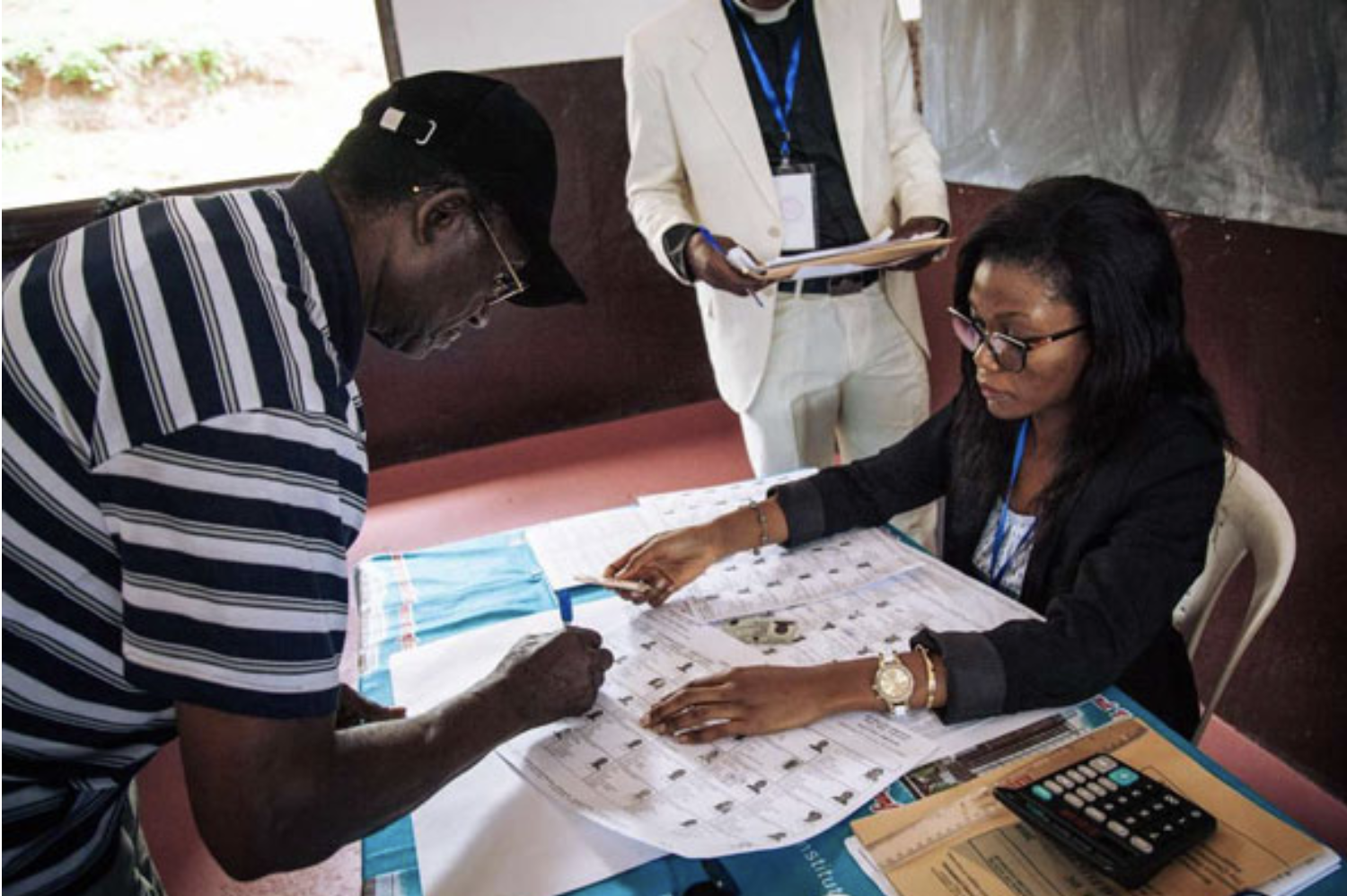
Surge of violence threatens Cameroon’s parliamentary vote

A surge of violence in Cameroon’s English-speaking regions threatens to derail the the West African nation’s parliamentary election on Sunday, as militant separatists kidnap scores of candidates and warn civilians not to vote, observers say.
At least 120 candidates have been abducted in the North West and South West regions over the past two weeks. Only about 60 of the candidates have been released, and the separatists on social media have indicated they will release the rest after the election.
Residents say suspected separatists have chopped off the fingers of at least 12 people caught with voter cards.
“They said I did not respect their injunction that no one should be found with the cards,” said Bunui Claudine, a resident of the southwestern town of Kumba who escaped to the city of Yaounde. She said she will not return until after the election “because I am not sure my security is assured.”
The threats by separatists come as Maurice Kamto, the opposition leader who claims he won the 2018 presidential election, has called for a boycott of Sunday’s elections, saying they will not be free or fair.
Unrest broke out in Cameroon’s English-speaking regions in 2016, when teachers and lawyers protested the dominance of the French language and French-speaking officials. Rebels took up arms a year later, demanding a separate English-speaking state. Their conflict with Cameroon’s military has killed about 3,000 people, many of them villagers caught up in the fighting.
Several offices of Cameroon’s election management body have been burned in the English-speaking regions lately, with separatists claiming responsibility. Civilians who flee as separatists clash with the military say the government is not able to protect them.
Cameroon’s government, however, says the election must go ahead despite the threats and calls by some opposition parties for a boycott.






